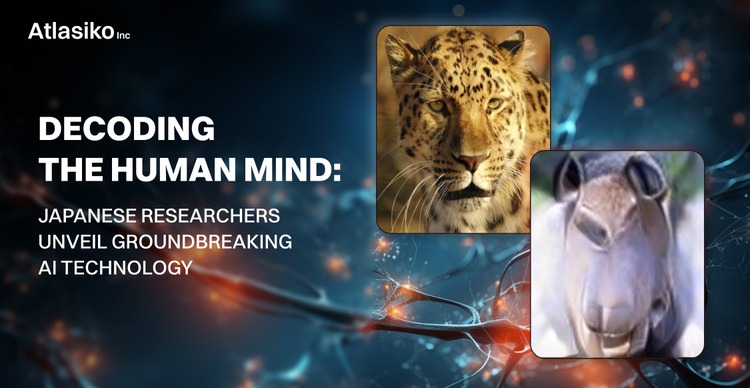In a groundbreaking development, Japanese researchers from the National Institutes for Quantum Science and Technology (QST) and Osaka University have unveiled a cutting-edge "brain decoding" technology, powered by artificial intelligence (AI). This innovative approach enables the translation of human brain activity into tangible mental images of objects and landscapes.
Previous research delved into recreating images based on observed brain activity, but sharing these mental images remained a formidable challenge. Successful demonstrations were limited to specific categories like human faces, letters, or shapes. The Japanese team's achievement in visualizing arbitrary natural images marks a significant milestone, according to the researchers.
The methodology involved exposing participants to around 1,200 images and meticulously analyzing the correlation between brain signals and visual stimuli through functional magnetic resonance imaging (fMRI). Subsequently, a generative AI was trained to decode and replicate the mental imagery derived from this brain activity.
"The experimental results demonstrated the capabilities of our proposed framework in reconstructing both natural images and artificial shapes that were imagined by human participants," stated the researchers.
Overall, the potential applications of this "brain decoding" extend to the realms of medicine and welfare, indicating a paradigm shift in how we comprehend and harness the human mind.
Interested in expanding your knowledge of technology and AI? Explore the latest news on Atlasiko!







